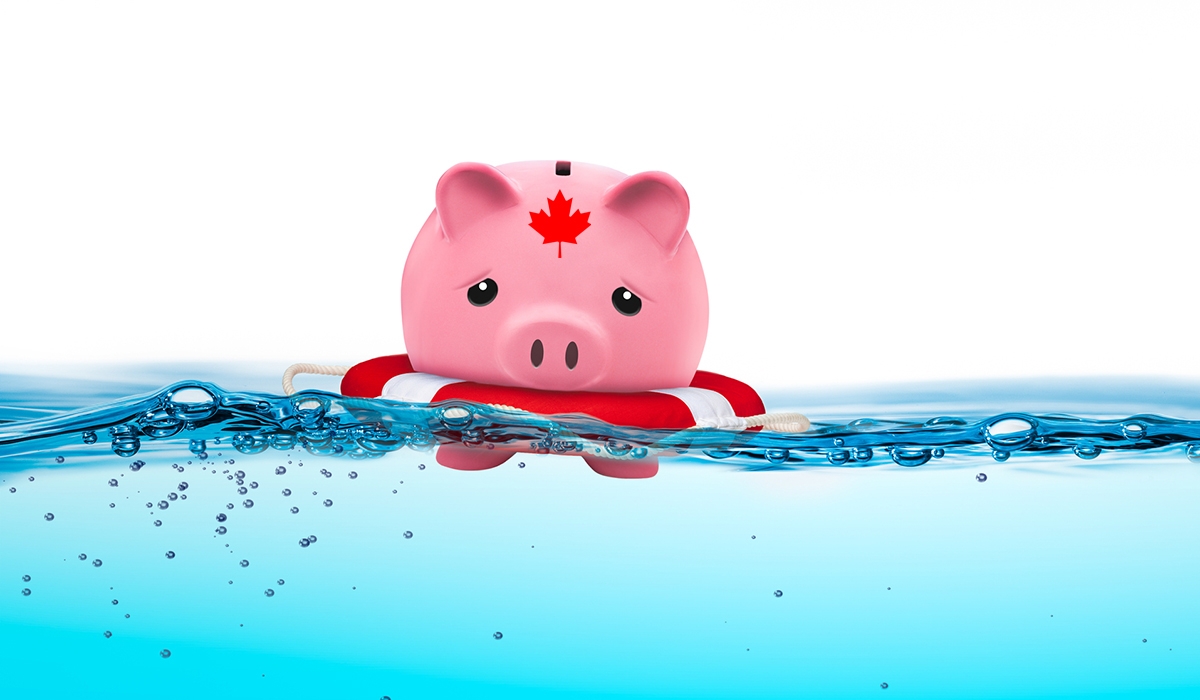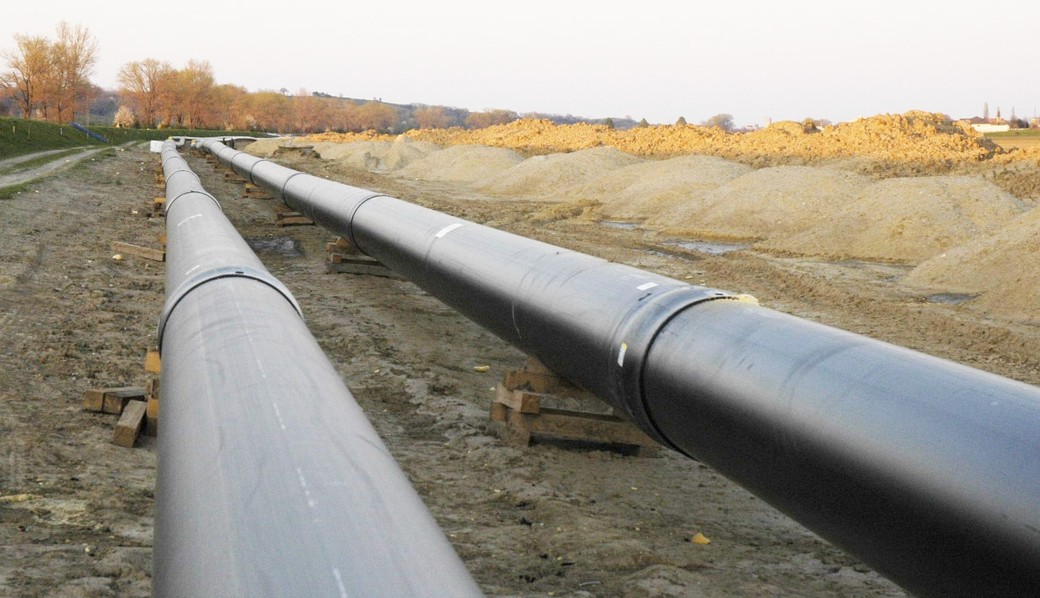
We should all be concerned about the level of federal debt and continued spending in Canada
While many Canadians are enjoying the generous help from the federal government to cope with the tough consequences of this deadly pandemic, some are also increasingly concerned about the ability of our country to deal with the post-pandemic financial needs to re-build our economy.
It is a difficult task to provide balanced financial help to people who lost their job, without jeopardizing the ability to recreate their jobs once the coronavirus is defeated. When the world is rid of this plague, governments will need money to restart the economy and countries with deep pockets will be best positioned to do so.
In this context, Canada is not doing very well.
Our current national debt is over a trillion dollars. It has almost doubled since Mr. Trudeau came to power in 2015 and the coronavirus is not solely to blame for this incredible amount of debt. In fact, most of the debt was accumulated between 2015 and 2019, before the coronavirus crisis.
Last week I had an interesting conversation with former Prime Minister Stephen Harper.
He expressed support and understanding for the difficulties Canadians are presently facing but had real concerns about the capacity of Canada to be financially and have the necessary financial support to restart our economy post pandemic.
He is not the only one concerned.
For a reality check on the deterioration of our economic state and how weak Canada’s financial situation is, let’s look at some numbers. Last week the federal government unveiled a new financial package to support Canadians to deal with the second wave of the pandemic and the projection of the national deficit for the present fiscal year is at least $381.6 billion. “That federal deficit projection – according to CTV – is considered Canada’s best-case scenario and is up from the $343.2 billion forecast in July.” Furthermore, if the pandemic continues to worsen, the deficit could rise to $388.8 billion during this fiscal year reaching the $398.7 billion mark if restrictions are extended.
This alarming financial situation, as I already stressed, has deep roots, and cannot be blamed entirely on the Coronavirus.
When the Liberal government took power in 2015, Ottawa was paying annually almost $30 billion just to service the interest on the national debt, when it was half of the total debt today. This means that in order for Ottawa to pay for the interest on the debt, we will now spend twice the money for the child benefit program (22 billion), defence (22 billion) or Indigenous affairs (15 billion). And these payments are still low if we consider that bank interest rates are at historic lows. This means that even a minimum rise in the interest rate could cripple the country's finances and this will severely restrict any future government's ability to invest in job creation programs.
To make things worse, there is a lost revenue from the Canadian energy sector. We might agree or disagree about the opportunity to cancel the Keystone XL pipeline project because of environmental concerns, but the financial consequences on Canada’s economy will be felt regardless. We have already lost hundreds of thousands of jobs in Alberta, but now the major problem is the lost opportunity to create thousands other jobs and more financial revenue for our federal coffers thought the energy economy. No doubt Ottawa will feel the pinch for the American decision to drop the Keystone pipeline and this will add concerns to our financial needs.
Of course, we can keep borrowing money, but this will only further jeopardize foreign investments.
With substantially reduced revenue and a consistent increase of the debt, the ability of our Canada to attract foreign investments is seriously impaired.
There are some corrective actions that governments — both federal and provincial, can take. For example, we could encourage foreign investments by proposing financial incentives like tax reduction. Still, this would further reduce the revenue for our governments. Some are brushing aside these concerns saying that money “is just paper, nobody cares.” I am not sure I agree. I am not an economist, but I know that when I spend money I do not have, sooner or later I must give it back.
I hope that the generosity of our federal government to cope with this pandemic will not be paid by our children.








